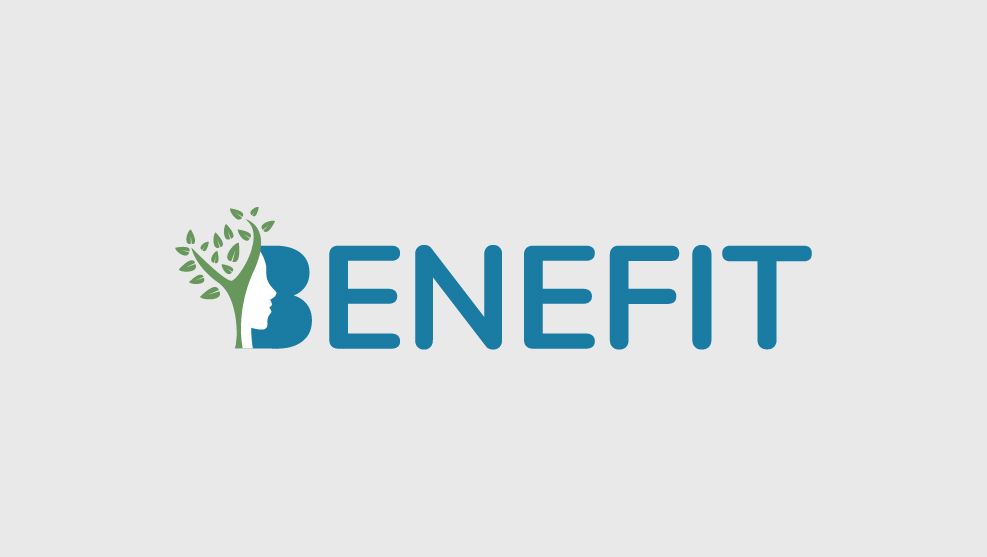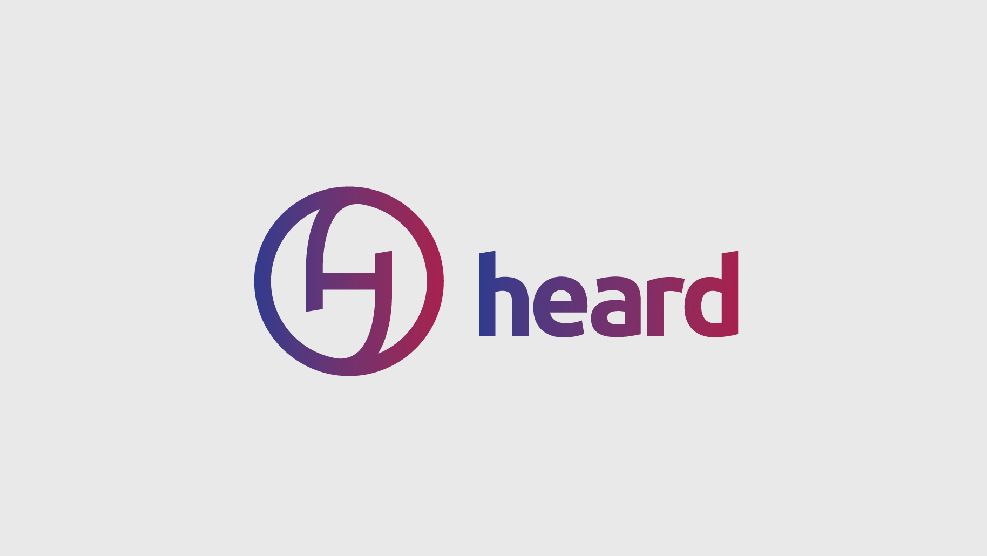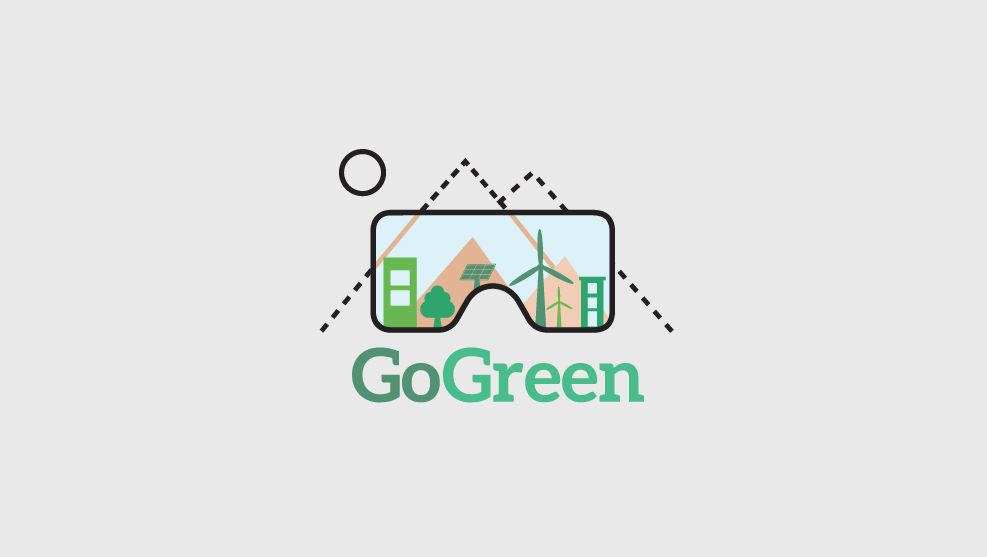Building Resilience and Mindfulness in Youth
BENEFIT is a project focusing on empowering youth workers and young individuals to build resilience and strengthen their mental health, improve their well-being and support their inclusion in the labour market and society.
BENEFIT puts forward a comprehensive plan to empower youth workers and youth on mental wellbeing and further youth employability. Following a participatory approach it will develop and make available catered tools for youth to identify and overcome mental strains that derive from challenges in the labour market as well as resources to educate and empower youth workers to offer mental-health informed support. All its work will be available via an interactive eLearning environment.
The main results of the BENEFIT project will be:
-A Toolkit on Mental Wellbeing for Youth
-A Training Package for Youth Workers on Mental Health Informed Youth work
-An Interactive eLearning Environment
-At least 100 Youth will participate in trainings and workshops of the project
-At least 250 Youth workers will participate in trainings and info events of the project
-5 Information and Dissemination events
-More than 10,000 youth workers and youth will be engaged via its work and actions











